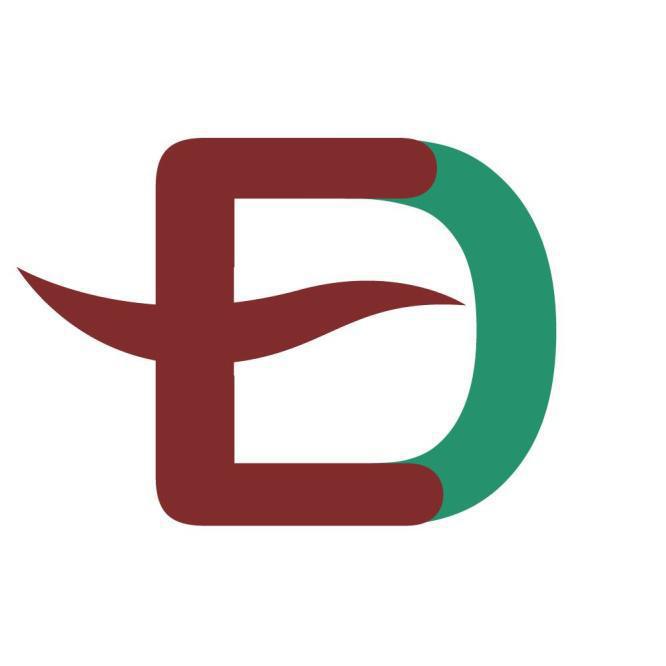BED (Binge Eating Disorder) is an eating disorder that involves a person eating a larger amount of food than others would ‘binge’ in a discrete time period (e.g. 2 hours) with feelings of loss of control and distress.
- The person may eat like this when not hungry or when uncomfortably full.
- Afterwards, the person may experience depression, guilt and distress.
- They may not eat in the company of others because of embarrassment
Who does it affect?
- Binge Eating Disorder (BED) is the most common eating disorder and affects one in fifty people over their lifetime population.
- Women are twice as likely to be affected. The age of onset is most usually from late adolescence to early adulthood, but it can occur throughout adulthood.
How is it treated?
- The first step is to contact your GP, as binge eating can be associated with medical complications.
- They may also be able to assess your nutritional status and physical health through an examination and blood tests.
- For most people, Guided Self Help is the recommended treatment for Binge Eating Disorder.
- This involves self- help reading, while being supported along the way by a health professional who provides motivation and support.
- For more information on Guided self help, see our treatment section.
- If Guided Self-Help is not effective, group Cognitive Behaviour Therapy (CBT) - Enhanced for Eating Disorders is recommended.
- This can also be delivered on a one-to one basis.

